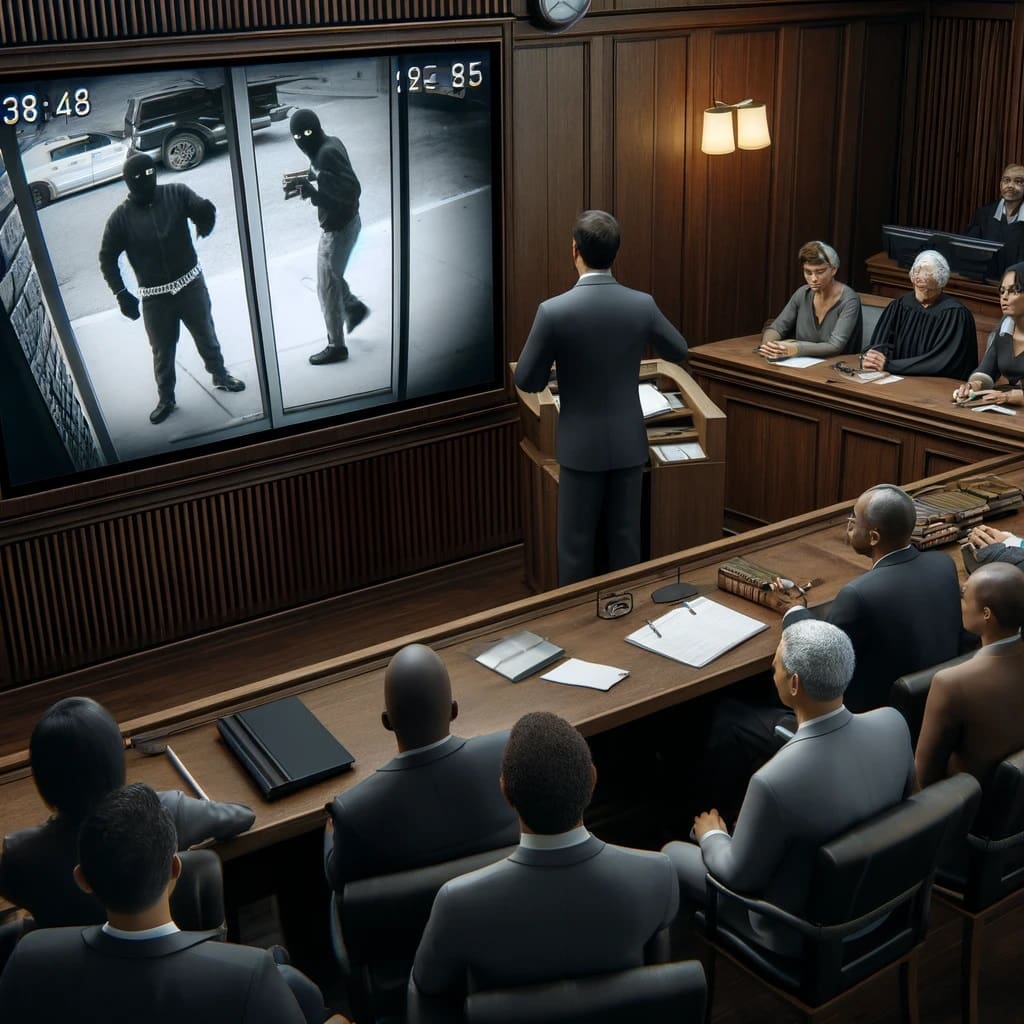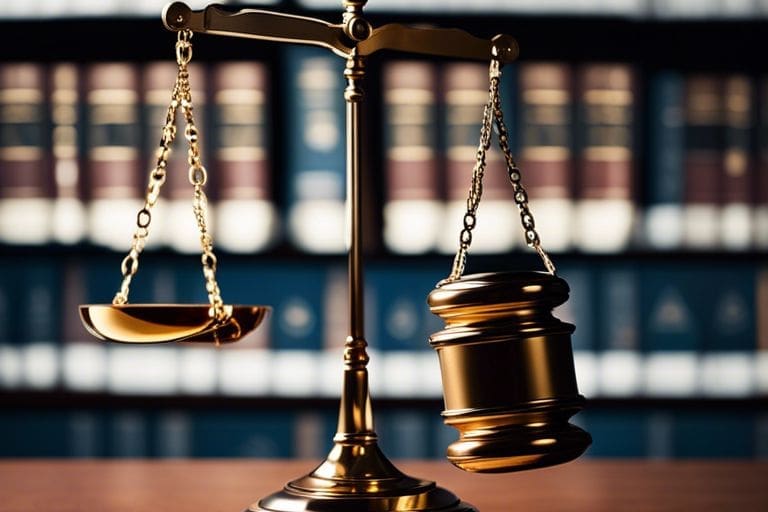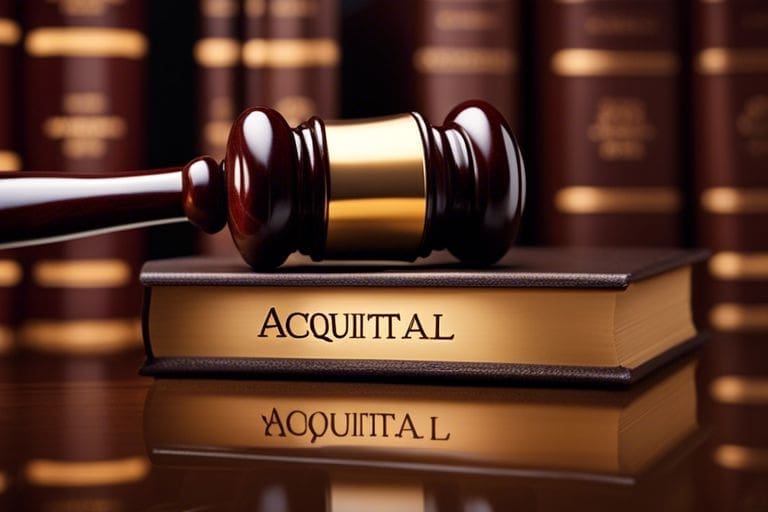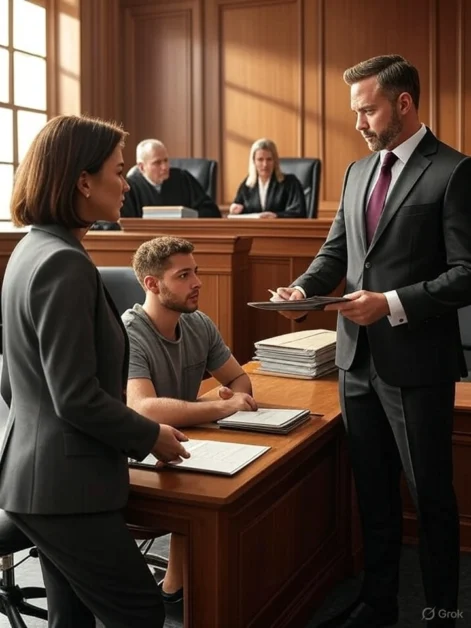How to Build a Strong Armed Robbery Defense Strategy?
Understanding Armed Robbery and Legal Definitions Armed robbery is a serious criminal offense that involves the use of force or intimidation to commit theft, with the perpetrator carrying a weapon. This crime is treated with heightened severity compared to simple robbery due to the presence of a weapon, which significantly increases the potential for physical […]
How to Build a Strong Armed Robbery Defense Strategy? Read More »









